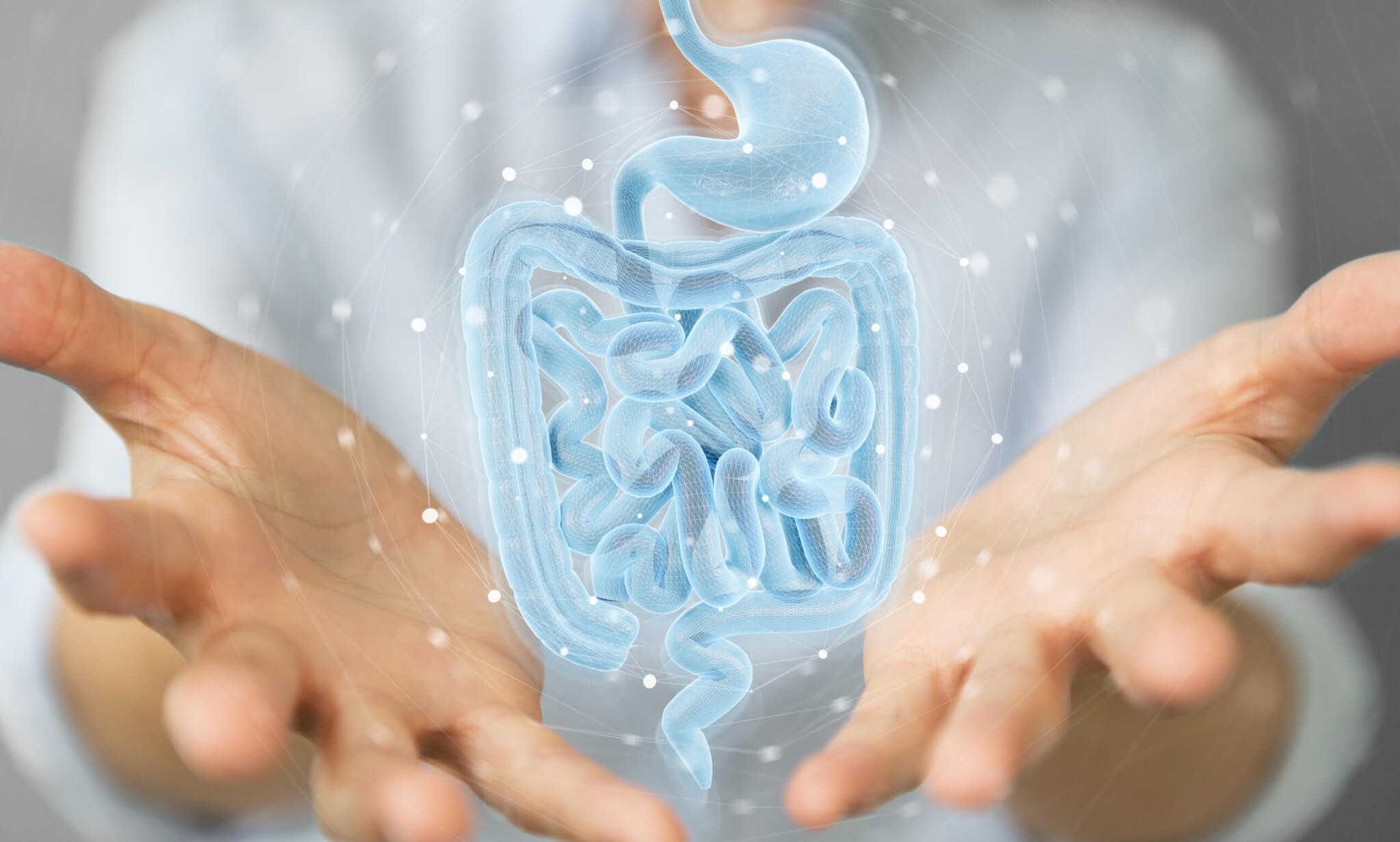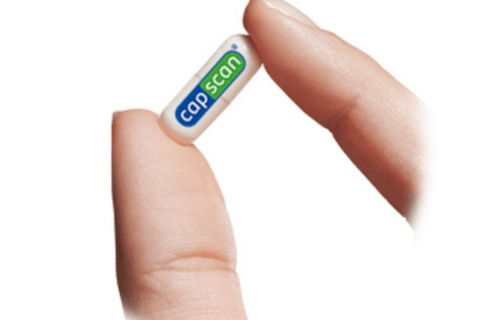DAVIS, Calif. — Scientists understandably want to learn as much as possible about the gut, given how crucial the system is for human health. With that in mind, a new ingestible capsule is allowing scientists to gather data as it travels through the gut, collecting digestion and microorganism samples in healthy people.
“The small intestine has so far only been accessible in sedated people who have fasted, and that’s not very helpful,” says Professor Oliver Fiehn, senior author and director of the West Coast Metabolomics Center at University of California-Davis.
As a result of this, most gut metabolism studies are based on stool samples, which only really provide a look into the colon, not the small intestine. The capsule, called CapScan, is able to open valves in the digestive system and collect fluids and metabolites in this area.
“This capsule and reports are the first of their kind,” Fiehn says in a university release. “All other studies on human gut microbiota focused on stool as a surrogate for colon metabolism. However, of course, the fact is that 90% of human digestion happens in the upper intestine, not the colon.”
“Measuring gut metabolites in stool is like studying an elephant by examining its tail,” adds Dari Shalon of Envivo Bio, inventor of the CapScan device. “Most metabolites are made, transformed and utilized higher up in the intestines and don’t even make it into the stool. CapScan gives us a fuller picture of the gut metabolome and its interactions with the gut microbiome for the first time.”

The team tested the device in 15 healthy people. Participants swallowed the capsule and the researchers analyzed bacterial, viral, host protein, and food metabolite samples. They compared the upper intestine to the colon, finding major differences between them, identifying almost 2,000 metabolites. Further, they found links between diet and metabolites.
Two participants who had taken antibiotics within the last six months showed significant variations in levels of bioactive of fatty acid esters of hydroxy fatty acids (FAFHAs) and sulfonolipids, which are metabolites that scientists have linked to the prevention of inflammation and diabetes. The team also identified Blautia, a species of bacteria, as most involved in fatty acid metabolism.
This capsule could help researchers take gut metabolism research to the next level, allowing for a deeper look inside the gut, rather than simply studying the stool that gets produced from digestion.
“Overall, this device can help elucidate the roles of the gut microbiome and metabolome in human physiology and disease,” concludes Fiehn.
The findings are published in the journal Nature.
You might also be interested in:
- Does gut microbiota really influence health and life expectancy? Here’s why all the hype could be just that
- Gut health researchers eye new breakthroughs thanks to microbiome-on-a-chip
- Robot pill delivers insulin directly to the gut — replacing injections for diabetes patients

